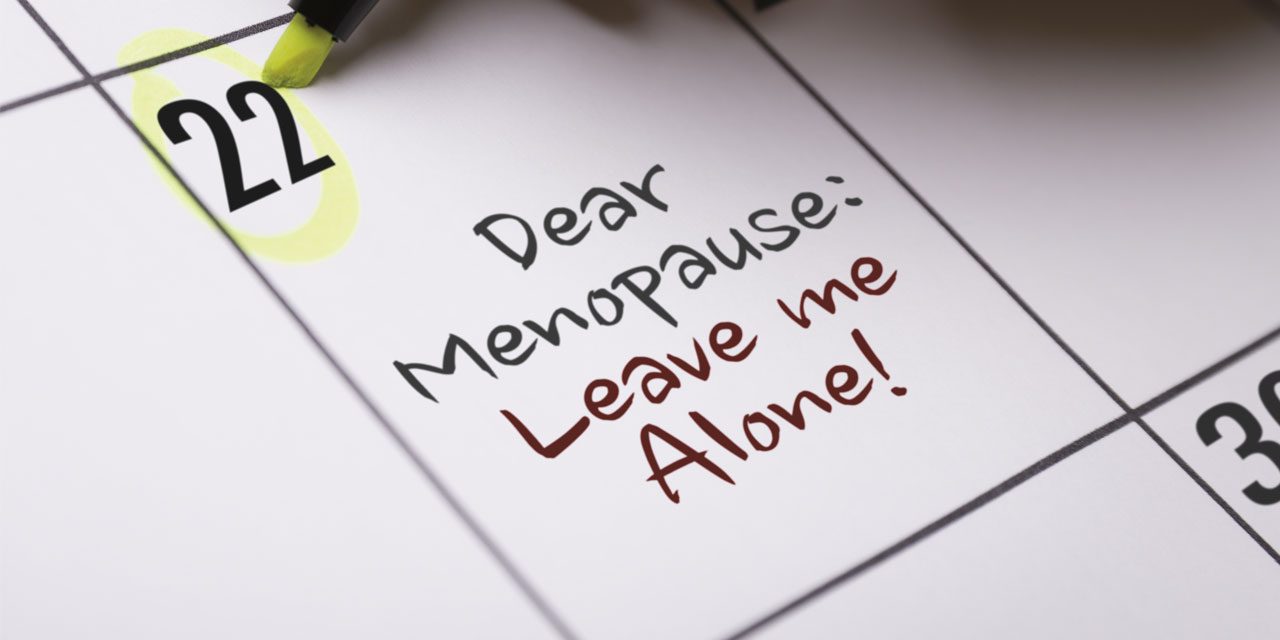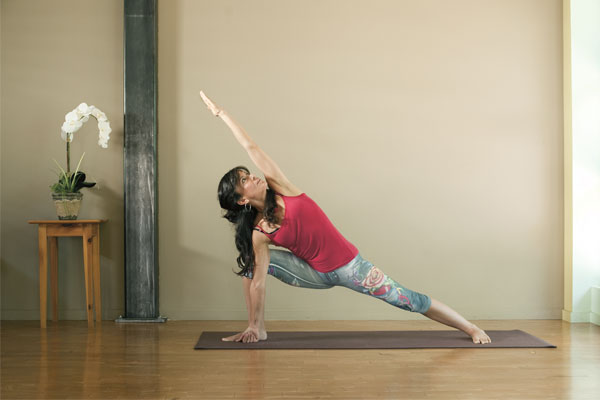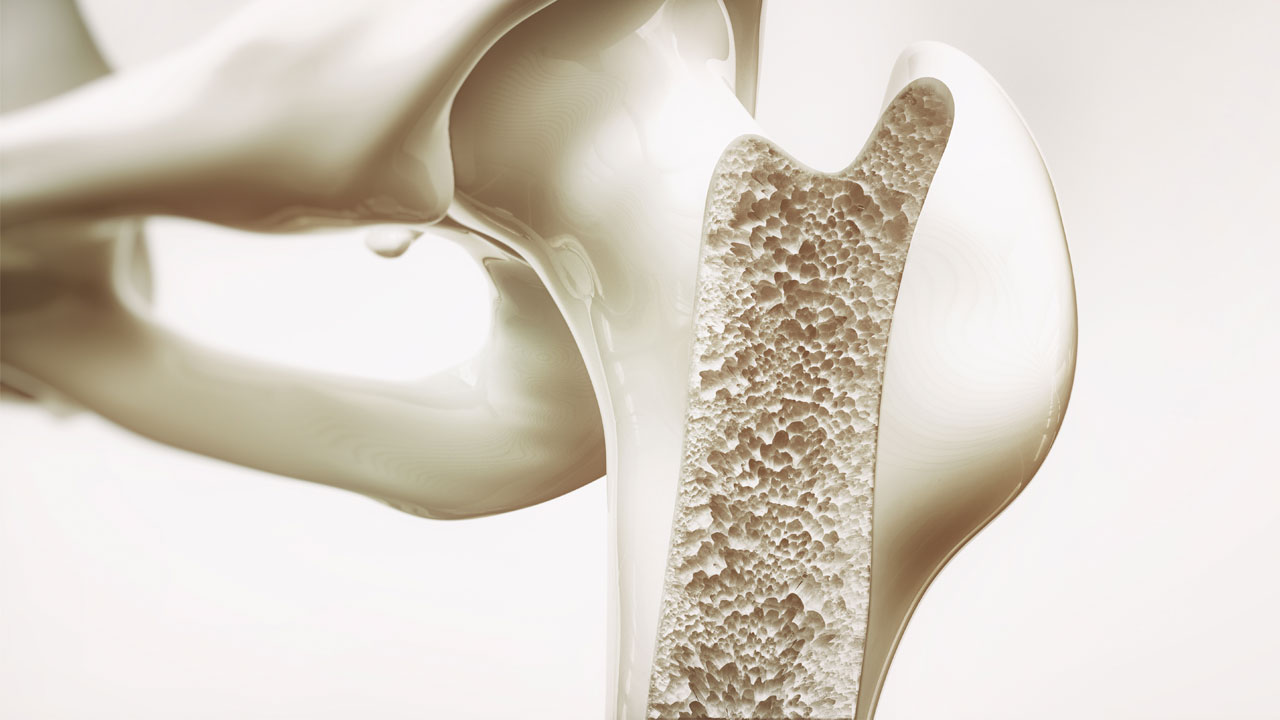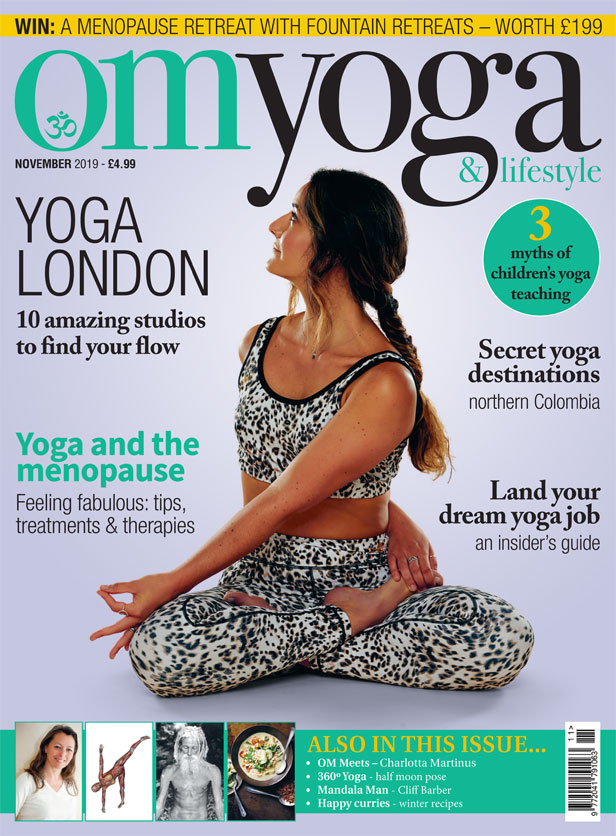
Managing the menopause without HRT
Tips and tricks to see you through the menopause
Hormone replacement therapy (HRT) can be beneficial for many women. However, there are some women who cannot take HRT for medical reasons and others who wish to not take it. Taking HRT is not the only treatment for the menopause and should not be given in isolation without considering other treatments and lifestyle interventions.
Healthy diet
It is really important that women eat a healthy balanced diet. As our bone density reduces during the perimenopause and menopause, it is essential to eat a diet rich in calcium to keep our bones strong and healthy. Reducing the amount of sugar in our diet is beneficial and trying to eat foods with a low glycaemic index (such as brown rice and oats) will reduce sugar swings and can be beneficial to our pancreas which produces insulin. Eating less processed foods and trying to eat healthy fats such as those in avocado and nuts are important. There is increasing evidence that gut health is very important too, not just for our general health but this can also influence mood, emotions and wellbeing. The levels of gut-friendly bacteria can reduce after the menopause which can lead to symptoms such as poor digestion or food intolerances.
Some women find that things such as spicy foods, caffeine (in tea, coffee, cola, chocolate, etc), smoking, and alcohol may trigger hot flashes. Avoiding these things may help for some women. A healthy balanced diet, including foods rich in Vitamin D will also help. Eating a healthy, balanced Mediterranean-style diet is beneficial for overall good health, and is recommended.
Reducing alcohol
Some women find that drinking alcohol can worsen their symptoms, especially hot flashes. Keeping alcohol intake to a minimum is healthy for so many reasons as drinking more than the current recommendations can increase our future risk of osteoporosis, heart disease and even some types of cancer. Alcohol also contains hidden calories.
Regular exercise
Undertaking regular exercise is clearly very important for our cardiovascular and bone health. It can also help reduce anxiety and stress. Even just walking up the stairs instead of using the lift is a step in the right direction. Doing yoga regularly can also help balance other hormones such as melatonin, thyroid hormones and stress hormones.
Having enough sleep
It can be very common for sleep patterns to change with our changing hormone levels. Avoiding using phones in the bedroom is essential as the blue light emitted from screens can affect our melatonin (sleep hormone) levels. Many women find it useful to sleep with a window open so having fresh air circulating in the bedroom. Avoiding caffeinated drinks for a few hours before bedtime can reduce stimulation. Drinking alcohol can actually make the quality of your sleep worse so this is another reason to moderate your alcohol intake. Using meditation as a way of mimicking restful sleep even if you are not fast asleep can be difficult for some women but it is certainly something worth trying to master.
Cognitive Behavioural Therapy (CBT)
This can work to improve emotions, such as anxiety and low mood, which can occur as a result of the menopause. There is also some evidence that CBT can be beneficial to reduce the frequency and duration of hot flashes.
Acupuncture
There is some evidence that acupuncture can improve menopausal symptoms.
Herbal preparations and supplements
Agnes castus may improve some symptoms such as mood swings, tension and anxiety. Black cohosh and red clover may help improve some symptoms. There is no strong evidence that any of these preparations are beneficial, however, this does not mean they do not work. There has been little research into this area. It is important that if you do take a herbal treatment then it should have a traditional herbal registration (THR) and this logo should be clearly marked on the packaging. If you do choose to explore herbal medicine as a treatment option, it would be best to consult with a qualified medical professional or herbalist.
Isoflavones and phytoestrogens
These are present in various foods including soy, flax seeds, lentils and oats. The results of taking these as a supplement to improve menopausal symptoms are very varied and the risks of taking these are still unknown. They are generally not recommended in women with a history of breast cancer.
(Information source: menopausedoctor.co.uk)
YOGA FOR GOOD HEALTH
Yoga can play an important role during menopause and perimenopause, with or without HRT. Here’s what Dr Jacqueline Boden, a GP in Birmingham says:
“In the past, going through the menopause has been seen as the ‘end of the best’ of women’s lives – but in many ways it is the start of a time in our lives where we can look after ourselves more and grow in different ways. It is an opportunity to re-evaluate our physical, mental and spiritual health, at a time when the day-to-day demands of a young family, of working our way up a career ladder are starting to lessen. HRT has benefits for both physical and mental health, but concentrating on our fitness and flexibility, and learning to process the stresses and worries of life are just as important.

Yoga can help with improving bone mass and preserving our joints; we exercise both our bodies and brains in balancing poses, and we can use our powerful minds to decrease stress and anxiety by learning meditation techniques.”

OSTEOPOROSIS
Osteoporosis is a condition in which your bones lose their strength and are therefore more likely to break or fracture, usually following a minor bump or fall. Your bone tissue is made up of protein hardened by calcium salts and other minerals to make it strong. Bone tissue is alive and it constantly changes throughout your life in order for it to be as healthy as possible.
Until you are around 30, you normally build more bone than you lose. However, during the menopause, your bone breakdown occurs at a faster rate than your bone buildup, resulting in a loss of bone mass. Once this loss of bone reaches a certain point, a person has osteoporosis.
The drop in oestrogen levels during the menopause results in increased bone loss which leads to your bones becoming less dense and less strong. Around 10% of a woman’s bone mass is lost in the first five years of the menopause and this increases your risk of osteoporosis developing.
Osteoporosis is more common in women who do not take HRT after the menopause. One in two women and one in five men over the age of 50 experience fractures, mostly as a result of low bone strength.
It is very important to have adequate vitamin D levels because it is a very important vitamin for keeping your bones healthy as it enables calcium, which is essential for healthy bones and teeth, to be absorbed. Vitamin D is made in the skin following sun exposure and is found in very small amounts in some foods.
Regular exercise can be very beneficial and it is important to find a type of exercise that you enjoy. Yoga, running, walking, tennis, and dance can all help to keep you fit and healthy — these sports can also help keep your bones strong.
HRT is the best treatment for the prevention and also the treatment of osteoporosis. Taking HRT has been shown in many studies to improve bone density and also reduce the risk of fractures occurring. The earlier HRT is taken the better it is for our bone health.
Information source: menopausedoctor.co.uk




